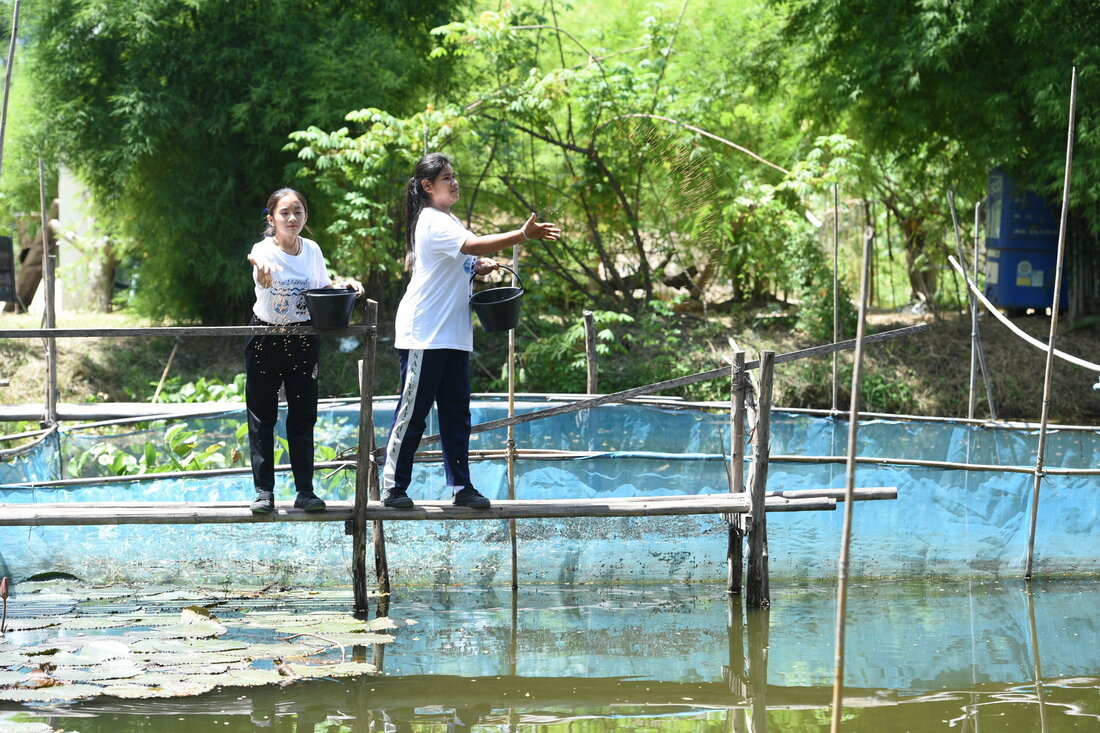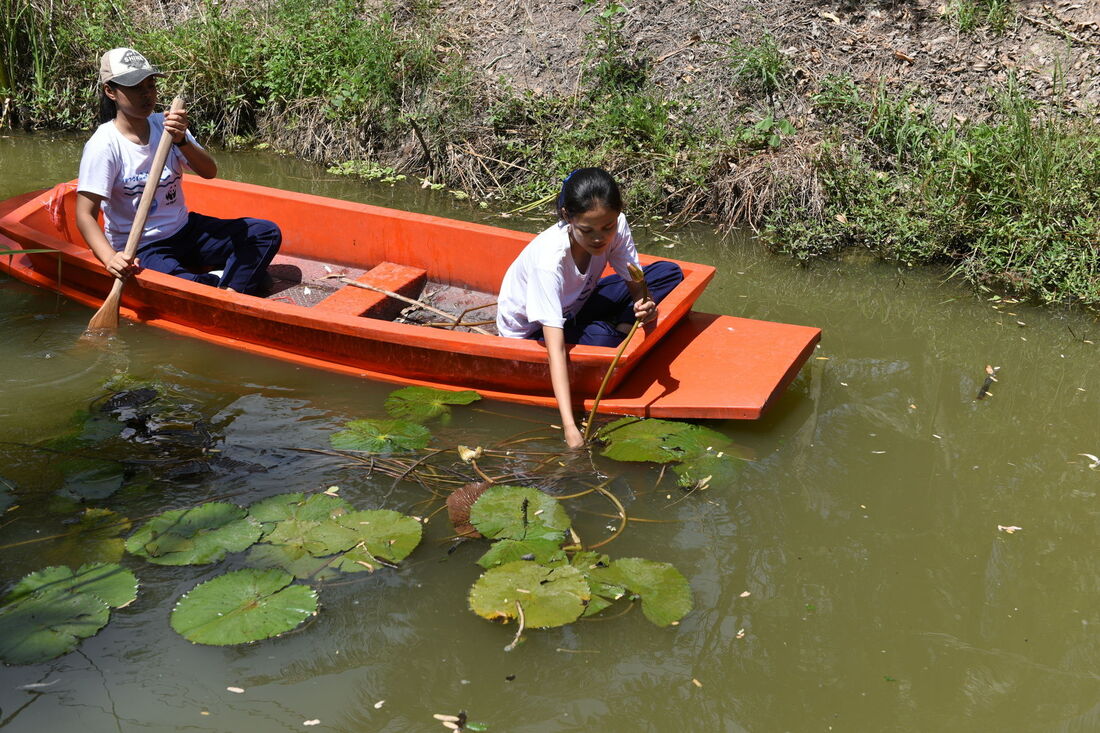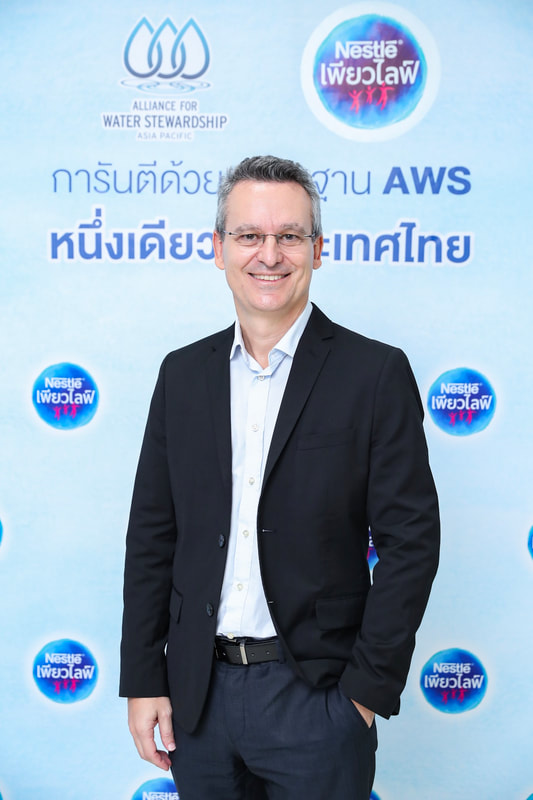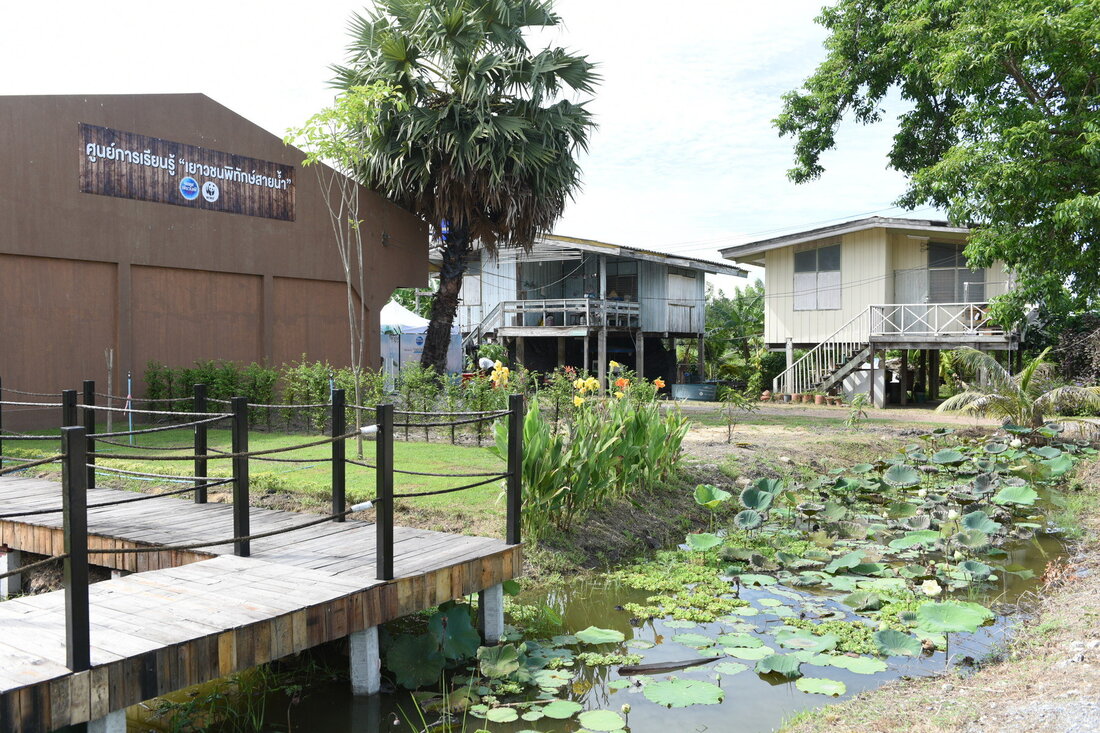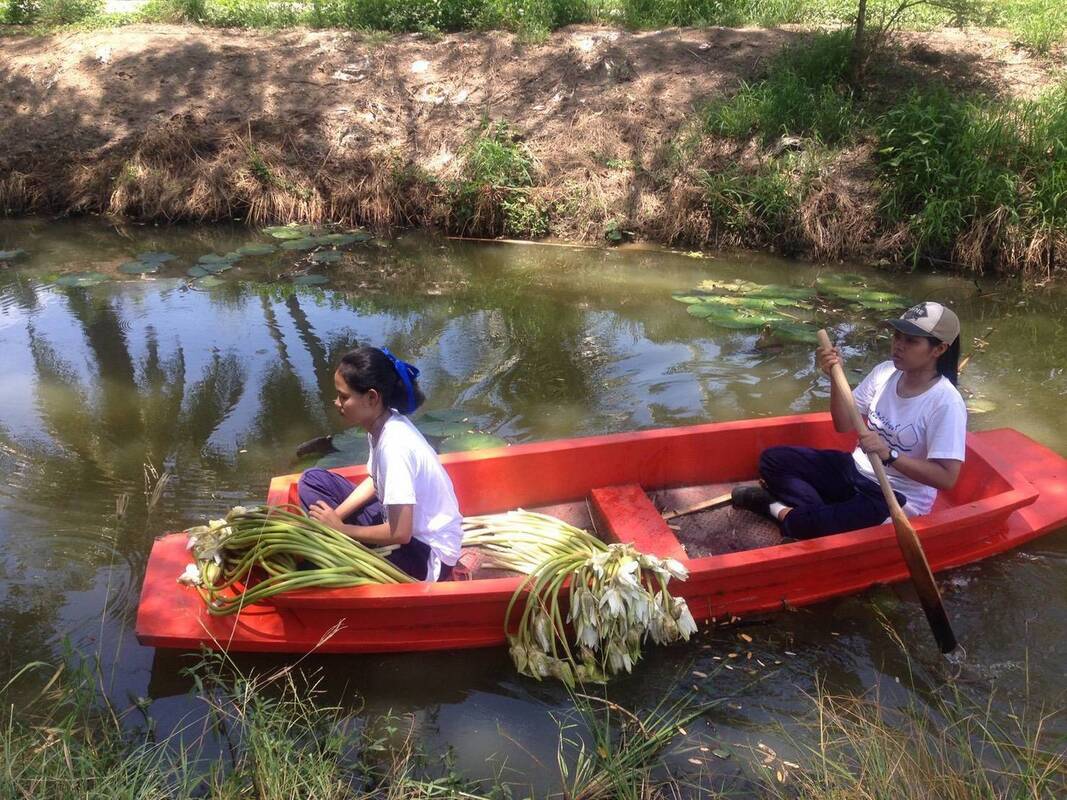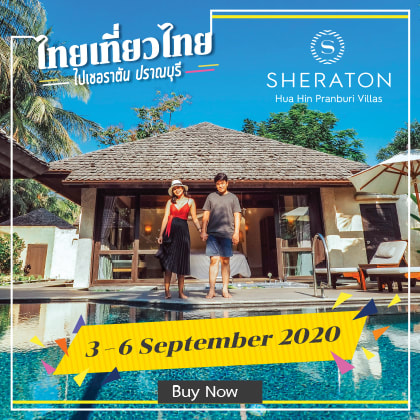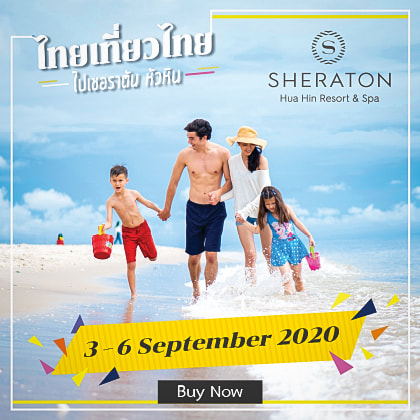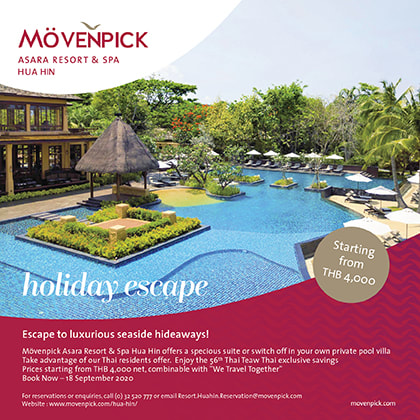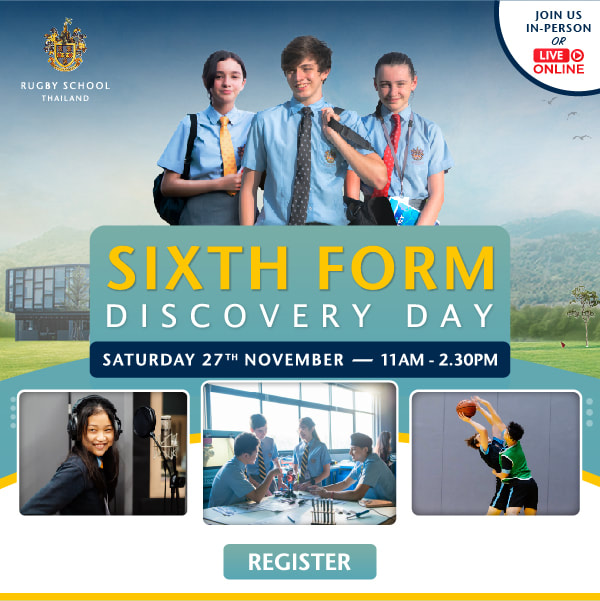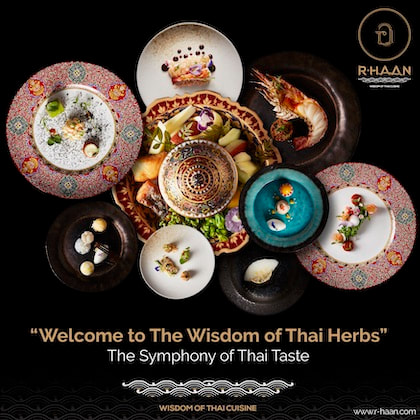“At Nestlé Pure Life, we recognize the importance of sustainable water resources for today and for the future. Water is a scarce resource with less than 1 percent of the world’s supply usable for consumption. Nestlé Pure Life, as the no.1 drinking bottled water in the world, cares for water conservation and has been committed to responsibly and sustainably managing water resources for future generations by following water stewardship practice, starting with where we operate. As part of this commitment, together with the World Wildlife Foundation (WWF), we have initiated a sustainable project called “Youth Water Guardian” back in 2016, in order to provide insights to secondary school students in Ayutthaya province about conserving water resources and applying attained knowledge in real practice to develop water supplies around their school. After 4 years, we have learned that the students who participated in our project are proud of their contribution towards their local communities and remain willing to spread the words and share knowledge with their friends and families, as well as other people, in order to strengthen and to promote better living among their communities,” says Luca Chioda, Business Executive Officer – Waters, Nestlé (Thai) Ltd.
The project of “Youth Water Guardian” was initiated to inspire the next generation with the spirit of environmental guardians, and engage surrounding communities in water resource conservation. This reflects the Nestle Purpose of “Enhancing quality of life and contributing to a healthier future” for our planet.
“Besides recruiting talented young water guardians who will become the well-informed advocates for their community, their hard-work also paid off as the recent study shown the overall water quality of Kanom-Chin canal has been significantly improved,” adds Chioda
“WWF Freshwater team is working with Ayutthaya Rajabhat University to conduct a report and analysis during July 2017 - 2019 to see how the water quality has been improved. According to the report, the pH value of the implemented area remain its good standard and less acidic than when it was first measured 3 years ago. The numbers of biochemical oxygen demand (BOD) has improved remarkably almost 50 percent, while the level of dissolved oxygen (DO) has risen 6 times than when it was first measured in 2017,” says Pimpawadee Phaholyothin, CEO WWF Thailand
Besides the chemical indicators that have shown an impressive result of improvement, the biological indicators are also giving positive signals.
“The study also shows that various species inhibiting within the area are increased its numbers. For example, based from the sampling area, the numbers of alive clams are now 8 times more, while the numbers of river snails are double up and about 100 of small shrimps are increased from 3 years ago.”
“On behalf of Nestlé Pure Life, we are sincerely pleased with the success of the Youth Water Guardian project and proud to be a part of this journey that bring about benefits and better living to the local community and the water resources. Nonetheless, we are looking forward to contribute to the society for the better quality of life, and continue to empower our future generations in the coming years,” Chioda concludes.

